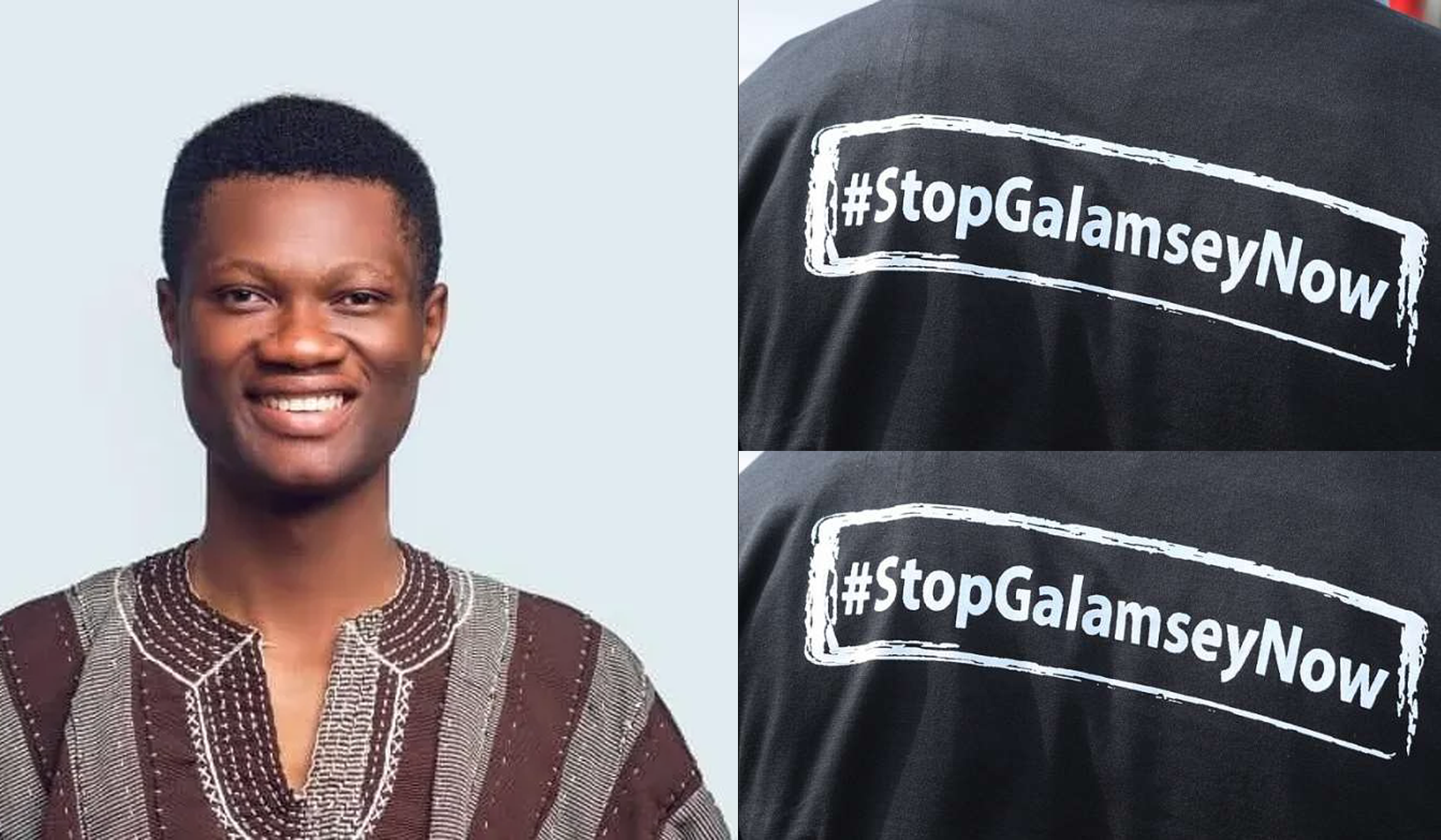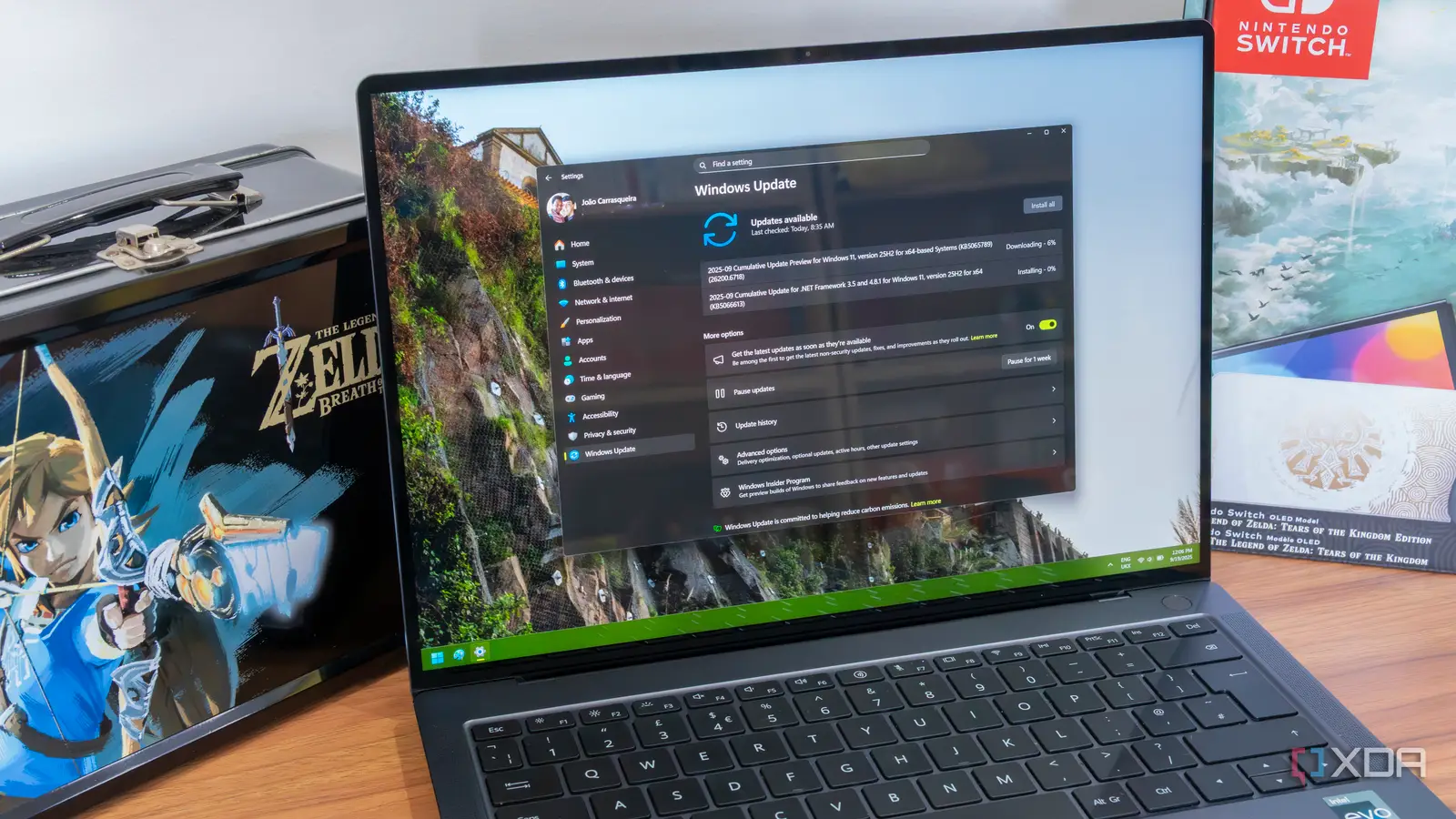By Mark Agodoa
Copyright gbcghanaonline

The recent #StopGalamseyNow protest, led by activist and lawyer Oliver Barker Vormawor, has become the subject of national attention. Demonstrators took to the streets of Accra, calling for an immediate end to illegal mining activities, widely known as galamsey.
While their cause appears noble on the surface, the real question we must ask ourselves is whether this form of protest is meaningful, strategic, or even helpful in addressing the galamsey crisis facing our country. As a political analyst and concerned citizen, I believe the protest, although loud, lacked depth, direction, and a realistic understanding of the problem it claimed to address.
It is important to acknowledge that galamsey is indeed a major crisis in Ghana. Our rivers are being poisoned with mercury and cyanide. Forests that once protected biodiversity and communities are now scarred by destruction. Entire communities have seen their drinking water polluted, their farms destroyed, and their future threatened. However, while the devastation caused by galamsey is undeniable, addressing such a complex issue requires more than protests and social media hashtags. It requires policy, planning, and practical alternatives. The #StopGalamseyNow demonstration unfortunately failed to provide any of these.
Galamsey is not simply an environmental issue; it is a deep-rooted socio-economic challenge. Many young people in rural areas turn to illegal mining out of desperation. With little or no access to sustainable jobs, galamsey becomes a means of survival. Add to this the weak enforcement of mining regulations, corruption within institutions, and high global demand for gold, and we begin to understand why the problem is so difficult to solve. These factors have created an environment where illegal mining thrives. Until these core issues are addressed, protests alone cannot and will not bring lasting change.
Rather than tackling these realities, the protest leaned heavily on emotion and public spectacle. While the energy and passion behind the movement are admirable, the lack of clear solutions makes the entire effort seem symbolic rather than strategic. What exactly were the protesters asking for beyond simply “stopping galamsey”? Were there policy recommendations? Were there proposals for alternative livelihoods for those who depend on illegal mining to feed their families? These questions were left unanswered. The movement appeared more focused on creating headlines than offering practical pathways forward.
It is also important to note that the government has not been idle on the issue. Initiatives such as Operation Vanguard, the deployment of task forces to protect water bodies, and some efforts at land reclamation have all been part of ongoing attempts to control illegal mining. While these measures have had mixed results, they show that the government is at least attempting to address the problem. Rather than protesting in isolation, activists and citizens alike should be seeking ways to support, critique, and improve existing policies through structured engagement, dialogue, and advocacy. Marching in the streets without offering strategic alternatives does little to advance the national conversation.
Another factor that is often ignored in these protests is the human cost of completely shutting down galamsey. Thousands of Ghanaians survive on illegal mining. For many, it is not a choice but a necessity. So when protesters say “Stop Galamsey Now,” are they also saying these individuals should go hungry? Are they offering alternatives to feed the same families that will be affected by such a ban? Are they lobbying for state-funded job creation programs, vocational training, or access to capital for small businesses in mining communities? These are the hard conversations that need to be had, and unfortunately, they were missing from the protest.
From where I stand as Kwadwo Ye-large, the Political Doctor, I believe Ghana needs more than emotional activism. We need serious solutions to serious problems. Galamsey is not a problem that can be solved with placards. It is a national issue that requires collective effort, policy reform, and political will. We must shift our focus from street demonstrations to constructive action. That includes investing in sustainable job alternatives, strengthening environmental regulations, improving the capacity of our law enforcement agencies, and creating platforms for national dialogue.
Protests can be useful when they serve as a call to action rooted in strategy and policy. But when they are reduced to nothing more than media moments, they risk becoming distractions. The #StopGalamseyNow protest, in its current form, did not offer the country a path forward. It highlighted the problem, yes—but the problem has already been known. What Ghanaians are looking for now is not more awareness, but results. They want to see rivers restored, lands reclaimed, miners retrained, and laws enforced.
In conclusion, while the passion behind the protest is understood, its impact is highly questionable. Without clear demands, practical solutions, and a plan of action, the demonstration risks becoming yet another loud noise in a crowded space of political theatrics. Ghana must rise above emotion-driven activism and embrace the hard work of building sustainable systems. The galamsey fight will not be won with chants and marches, but with real action, real leadership, and real solutions



